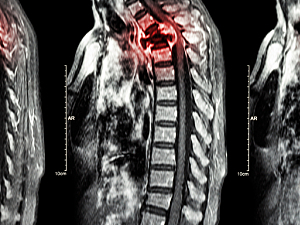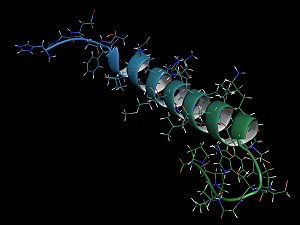Esophagectomy Complication Rate Higher with Low-volume Surgeons Even at the Same High-volume Center

A study conducted by Daniel Dolan, MD, MPH, Scott J. Swanson, MD, of the Division of Thoracic Surgery, and colleagues determined that even at the Brigham’s high-volume center, low individual esophagectomy volume was associated with a higher perioperative complication rate.
Read More...







